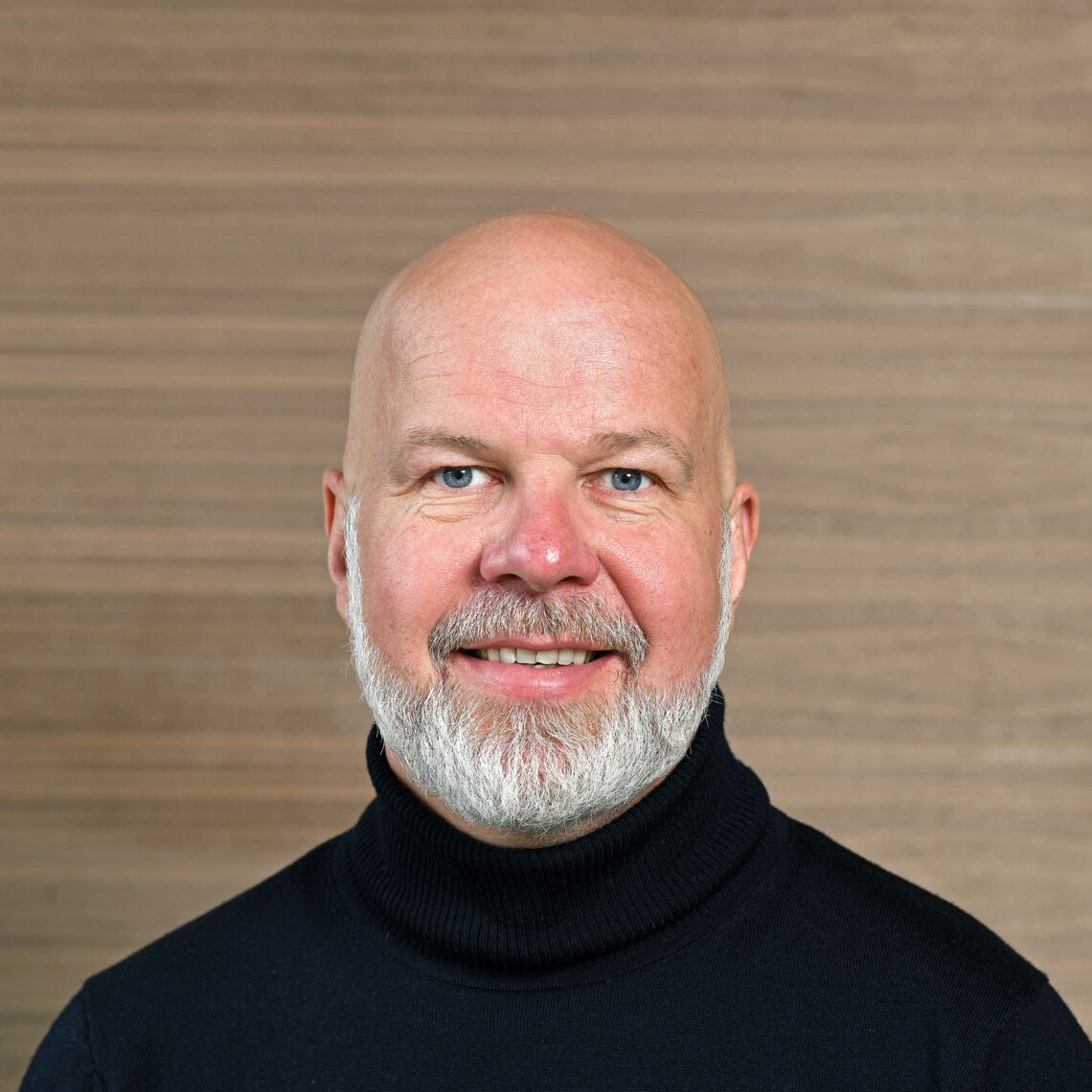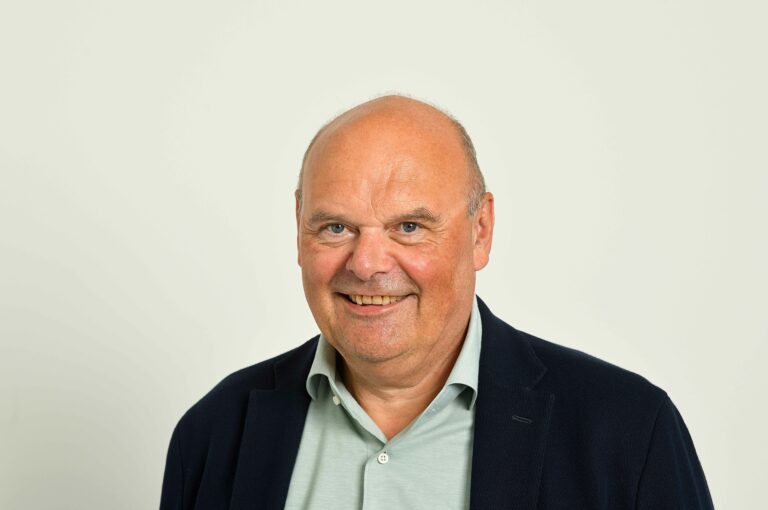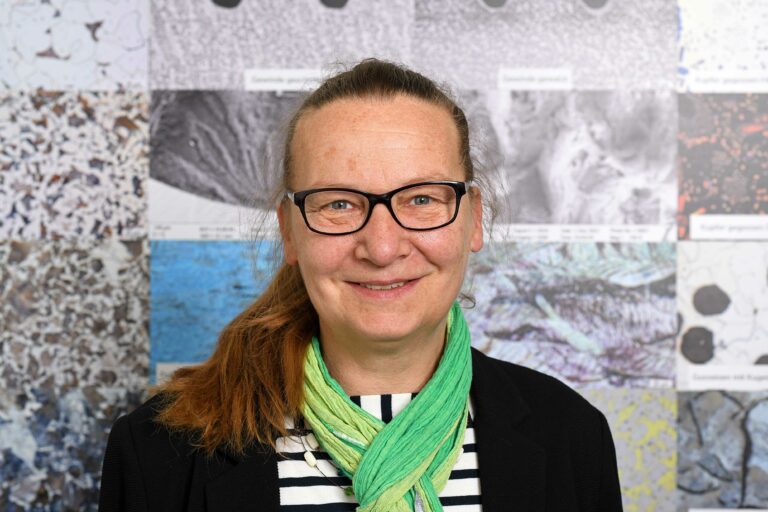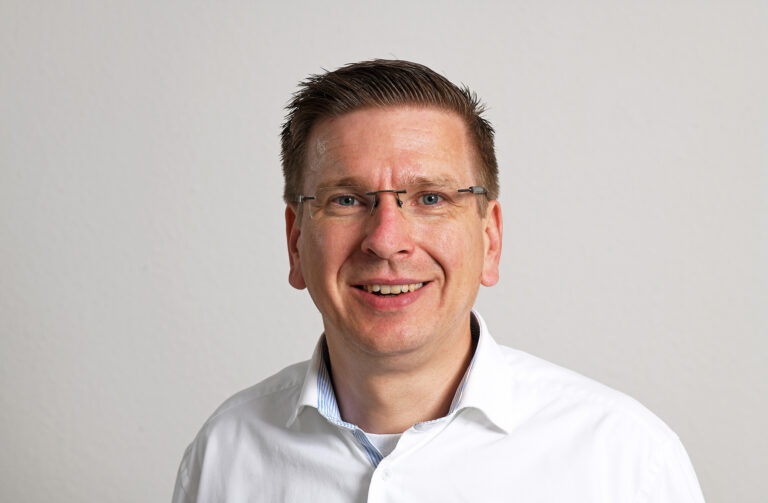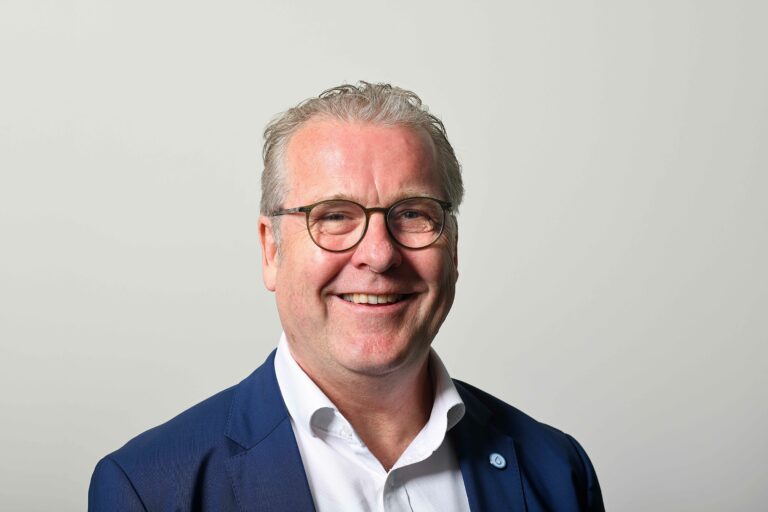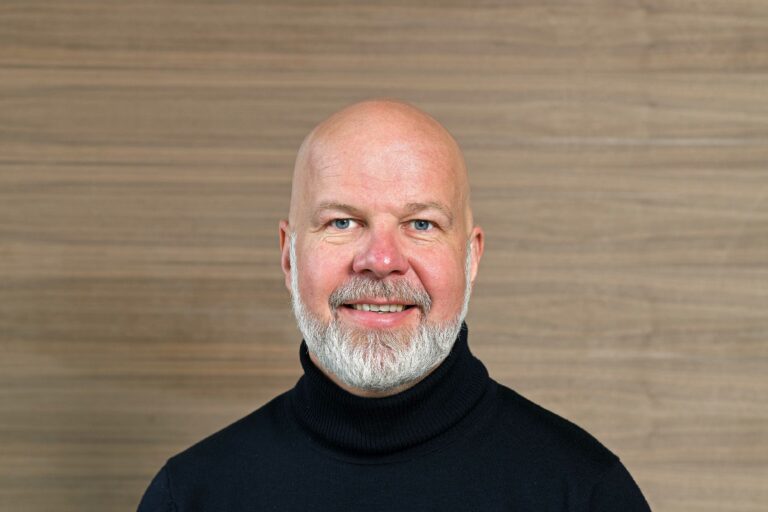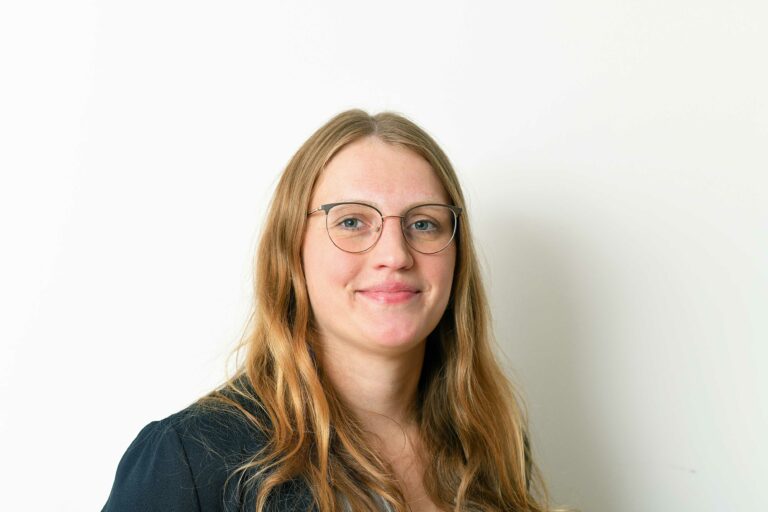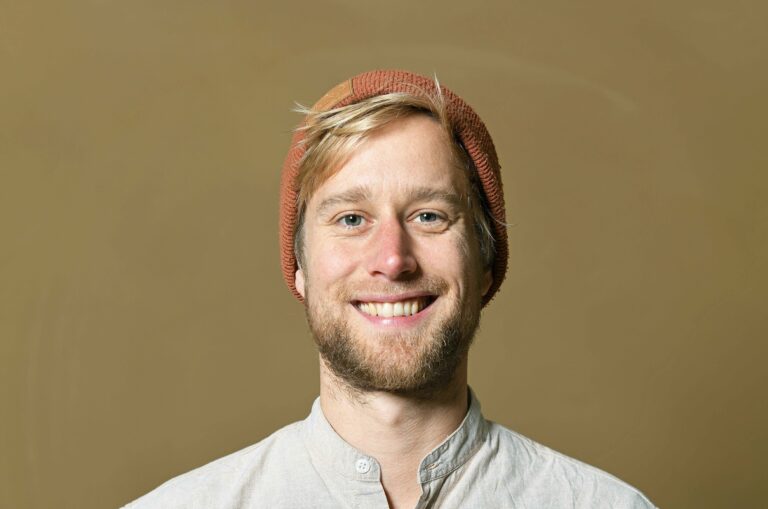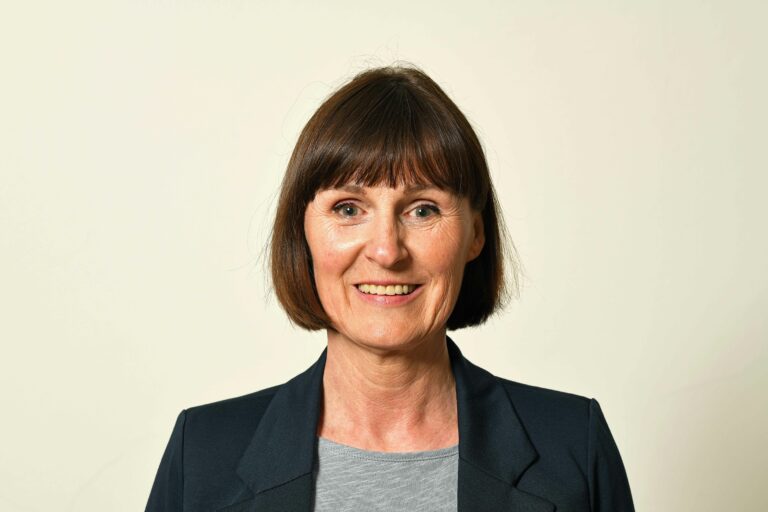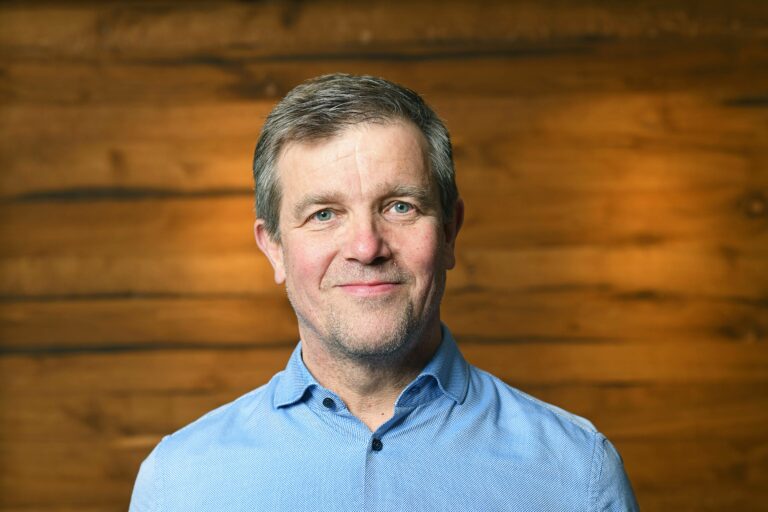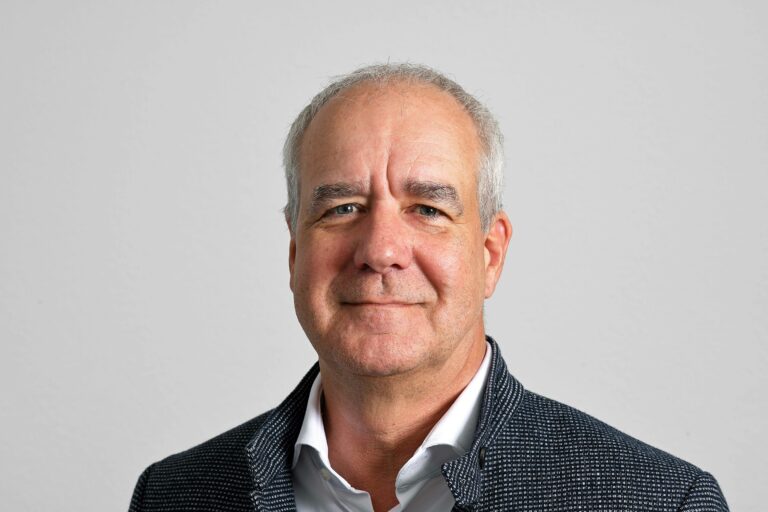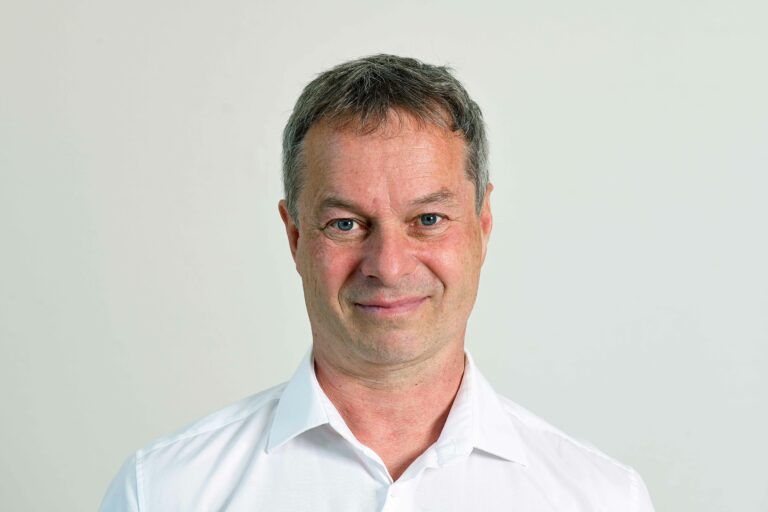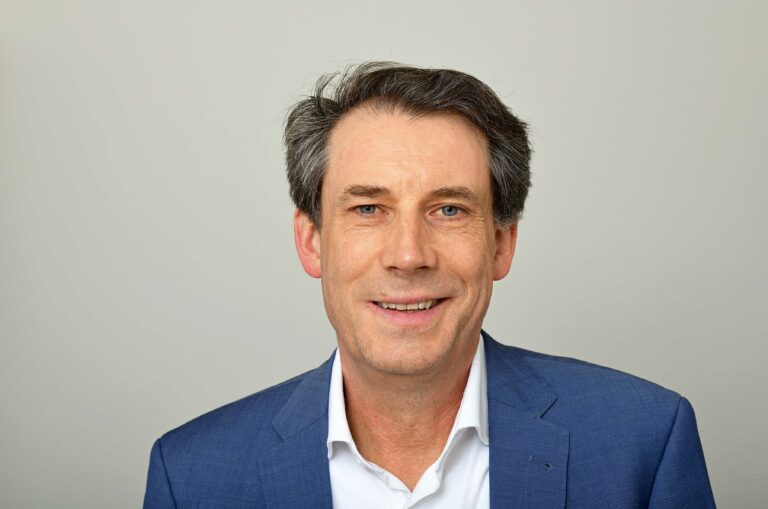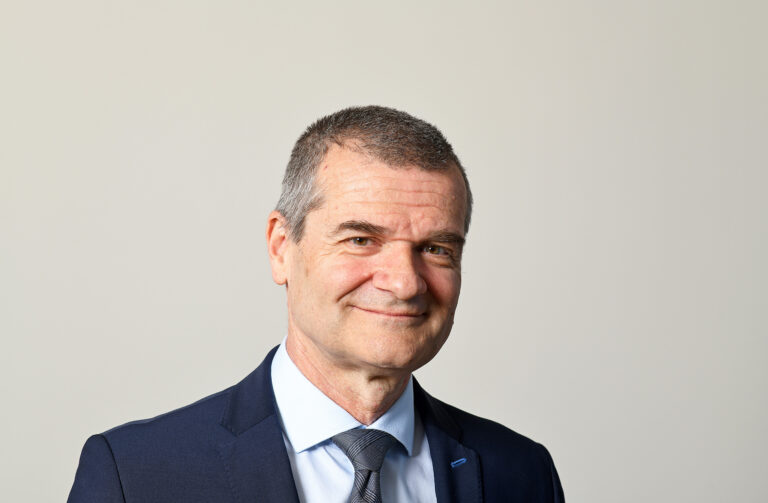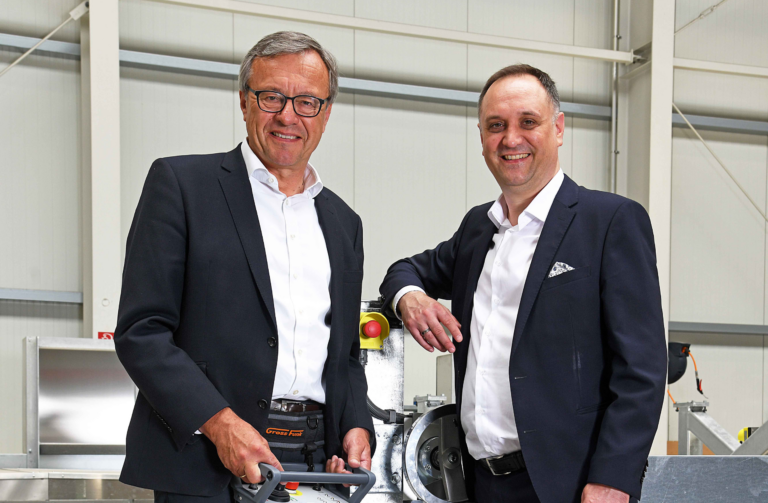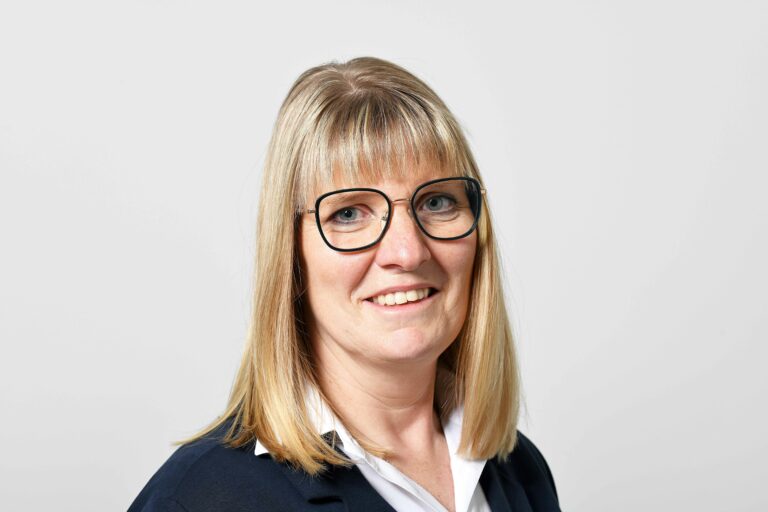Goertz Möbelmanufaktur in Wismar combines successful service and retail under one roof. Bespoke wooden furniture and decorative items are created in the state-of-the-art workshop. The products are sold in the adjoining store and in the online shop.
The company recently won an award in the CCI “Erfolgsraum Altstadt” competition (initiative to promote town centres and their businesses). The Chambers of Commerce and Industry in Mecklenburg-Western Pomerania were looking for the most creative, innovative store concepts along the lines of “Shaping Diversity Together!”. In the category “Most successful business development in the maturity phase”, Goertz Möbelmanufaktur was the regional winner in their chamber district of Western Mecklenburg and subsequently also state winner.
Kristina Goertz is still totally overwhelmed by the award and the appreciation thus shown to their corporate concept. “None of this would have been possible if we hadn’t had each other”, emphasises CEO Torsten Goertz. His wife Kristina has been at his side from the very start. As a graduate architect, she designed the company headquarters on Wismar Holzhafen in the old port with a large glass façade along the street. The premises offer generous floor space for presenting the company’s products. Through the showroom windows, visitors can see directly into the workshop and watch the furniture being made. “We always wanted a showcase factory, but got all the machinery and the safety concerns made it rather complicated”, says Kristina Goertz. “Looking in from the outside is a good way round it”. Torsten Goertz also offers guided tours of the company every Thursday. Anyone who is interested can take a look at the company and see just how much time and effort it takes to make furniture is. School classes regularly use this opportunity as well. He is also keen to encourage an appreciation of the craftsmanship involved.
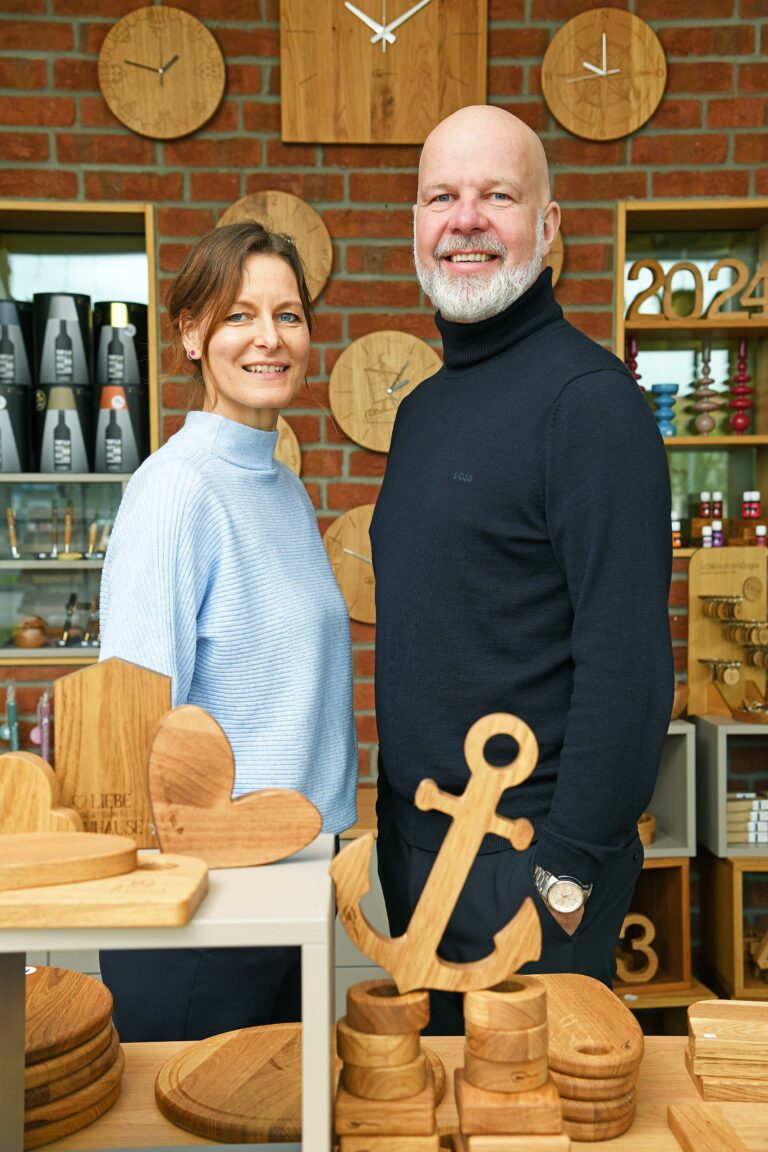
Torsten Goertz has always enjoyed working with wood, and trained as a cabinetmaker after leaving school. However, he ended up working mainly as a carpenter replacing windows and doors, which left little scope for creativity. Eventually, Torsten Goertz decided to change track: he got the qualifications he needed to go to university and took a degree in business management. After working as a controller for a health insurance fund and in a hospital, he then decided to return to the kind of work that he had been longing to do the whole time: being creative with wood. About 15 years ago, this led to the idea of designing wooden furniture and finding someone to produce it for sale in their own online shop. “But we totally underestimated the market”, recalls Kristina Goertz. “The problems began with trying to find the right partner for the production side of things”, her husband adds. “So, in the end, I made the furniture myself.” Bit by bit he purchased the machines he needed to do the job. In those days, Torsten Goertz used out-of-town premises with about 100 square metres of floor space. He ran the company together with his wife Kristina from an office in the Technology and Commercial Centre. Even in the early days back in 2013 he received the special prize for his “Interesting Start-Up Story” as part of the OZ Start-Up Award by the Ostsee-Zeitung newspaper. The glass trophy made by Rostock artist Elvira Martens can still be seen today in pride of place in the workshop window, while the certificate hangs on the wall, accompanied by other illustrations from the early days. The company’s history is also featured during the guided tours.
“Eventually we reached our capacity limits”, recollects Torsten Goertz. “We had to put production on a professional footing and let the workshop grow if we wanted to offer our customers top quality.” In 2012, they applied to purchase a plot of land on Holzhafen. Their concept convinced the powers-that-be and approval was granted in summer 2013. Work began eighteen months later.
The company now has 700 square metres of floor space on two storeys for its service, production and retail activities. The workshop is four times larger than the old one, while the store has a salesroom and exhibition area covering 100 square metres. The offices are located to the rear. Altogether there are 13 people working for the company, including interior designers who do all the necessary planning for the customers. “We only produce bespoke furniture”, says Torsten Goertz. Customers accept that it may take several months. This is a service mainly used by private customers, although the client base also includes hotels and public facilities. At the moment, they are making furniture for a new hostel in Wismar town centre.
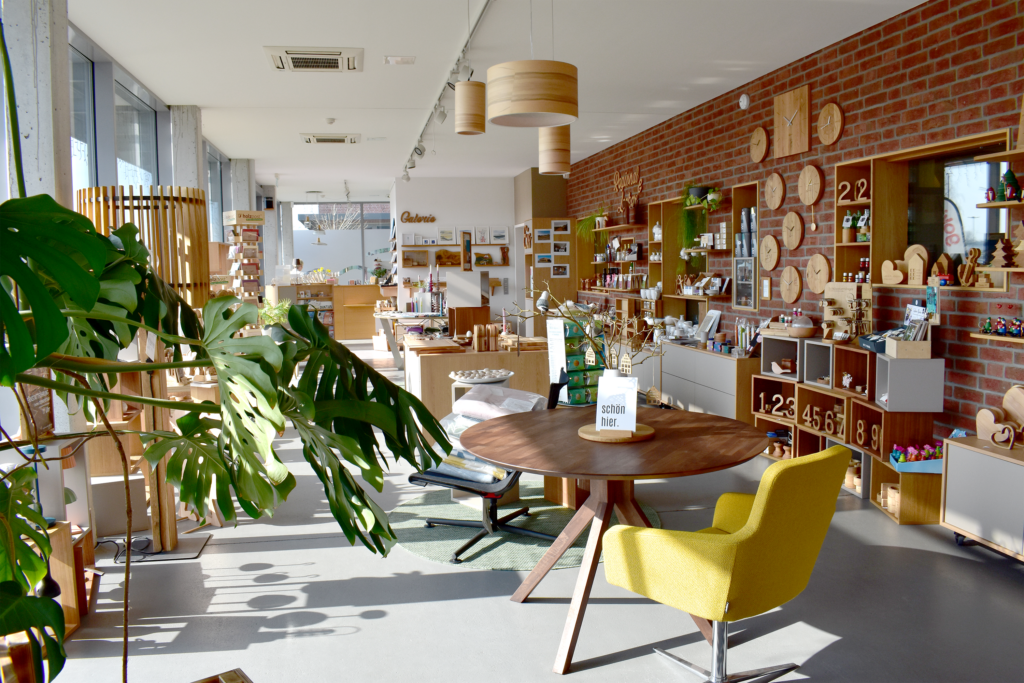
The workshop has a team of four fully qualified cabinetmakers. Torsten Goertz regularly trains apprentice cabinetmakers and interns are also welcome. Cabinetmaking is still a comparatively popular trade, with the company receiving 10 to 15 applications each year. “Those who come are really committed and eager to learn the skills involved”, says Kristina Goertz. While her husband deals primarily with the production side of things and personnel management, her main focus is on the store. Initially, they only sold the furniture that they made themselves in the workshop, but meanwhile the range has expanded to include decorative items made on site and by other manufacturers, preferably from wood, and at least 80 percent “made in Germany”. “That is another thing that’s really important for us”, says Kristina Goertz. “Unfortunately, many manufacturers have outsourced their production abroad because it’s cheaper”, says Torsten Goertz. He thinks this is wrong and a short-sighted development. The pitfalls of outsourcing production like that become transparent particularly when there’s a crisis of some kind. “In the aftermath, they discover they’ve become dependent on circumstances practically beyond their control.”
He continues to manufacture his products here on site in Wismar, also as a sign of solidarity for the region, even though they hope to expand the sales of their products throughout Europe in future. The online shop has recently been redesigned and relaunched to this end. It is now possible for customers to individualise the wooden products made by Goertz Möbelmanufaktur, including personal engraving. The orders are produced directly at company headquarters in Wismar. Serving trays, anchors, hearts and other decorative items are particularly popular. The corresponding ideas usually come from the team itself. Every Friday, they gather together for breakfast at 9 am. Besides discussing the duty roster for the coming week, this is also a time for personal sharing. “I like to keep in touch directly with my team”, says Torsten Goertz. He pays special attention to moods and nuances so that he can respond accordingly or check things quickly. “My staff are very important to me.” This is also one reason why he didn’t close things down completely during the Covid pandemic but kept production going in the workshop.
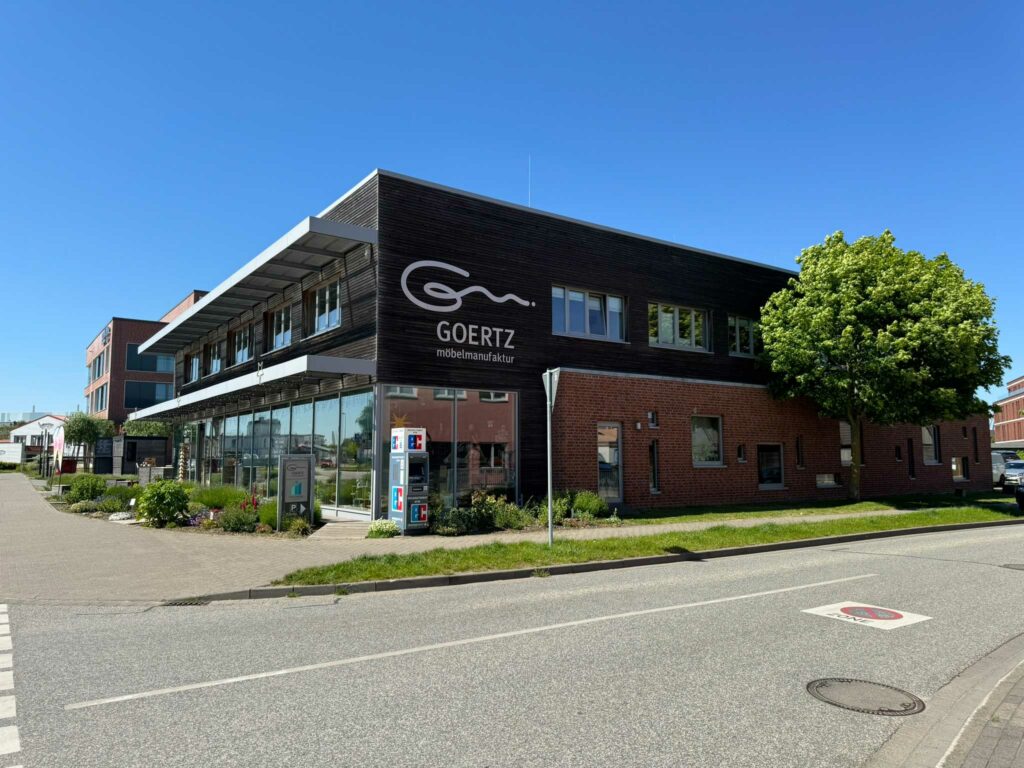
These days, it is rare for him to get actively involved as a skilled craftsman. His focus has shifted to staff management and running the company. And that’s fine with him. “It gives me great pleasure”. He and his wife Kristina are constantly moving things forward, developing new ideas that are then discussed in the team. Sometimes they work, others don’t or aren’t put into production. “But that doesn’t matter, it’s all part of the learning process. It’s like with children: when the tower of building bricks falls down, you then build it back up again.” At the moment, the company is planning to open an additional store in Wismar town centre. “We want it to be a kind of open study for our interior designers, where some of our engraved wooden accessories will also be on display”. Close proximity to the customers is one of the secrets behind the success of Goertz Möbelmanufaktur. Every year the team comes up with creative ideas for the Christmas season, which recently included a DIY kit for a mini wooden candle arch. This was so popular that it led to further ideas for special Christmas and Easter cards. Torsten Goertz doesn’t really make long-term plans. “We’ll see what the future brings: many things just happen. And we’ll just go ahead and make the most of it.”

